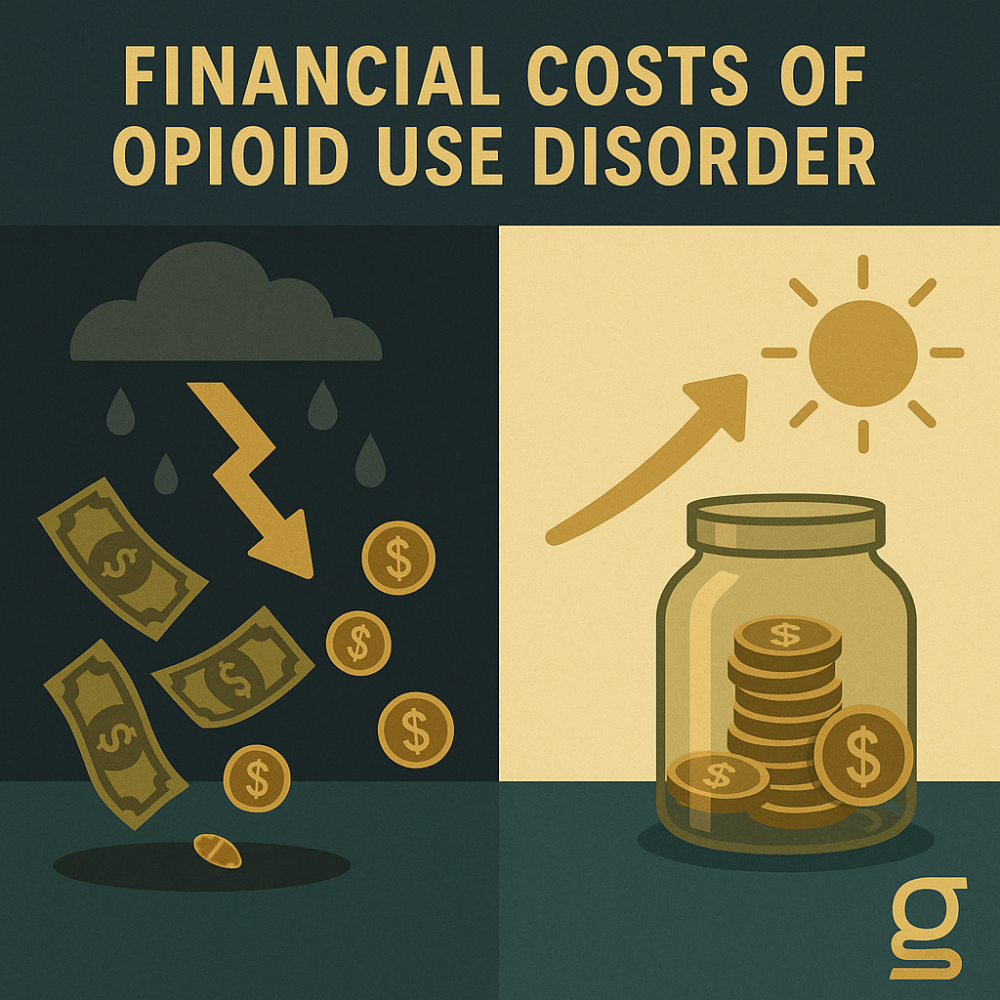Kratom is a substance that has become ever-growing in popularity. It is easily accessible, leading to misinformation and misuse. Despite being legal, it is possible to become dependent on kratom. Taking kratom may cause severe side effects and uncomfortable withdrawal symptoms when the substance is stopped. As such, detoxing from kratom should be done in the presence of medical professionals.
What is Kratom?
According to the National Institute on Drug Abuse, kratom is a tropical tree native to Southeast Asia and its leaves contain compounds that can have mind-altering effects. Traditionally, kratom leaves have been used by Thai and Malaysian natives for centuries. Stimulant effects of kratom were used by workers in Southeast Asia to increase energy, stamina, and limit fatigue while working. However, some Southeast Asian countries now ban the use of kratom.
Many wonder, “Is kratom legal?” Currently, kratom is not illegal in the United States and is readily available in smoke shops and online. Due to the easy access to kratom, many believe that it is safe to take. Kratom is mostly used in the form of a pill, capsule, gum, or extract. It is sometimes sold as green powder labeled “not for human consumption.” Some people chew the leaves or brew the dried leaves as tea. The leaves can also be smoked or eaten in food. However, it acts like an opioid in large doses, and one can become dependent on it.
In recent years, people have used kratom as an herbal alternative to medication. It has been used for muscle pain relief, diarrhea, and to treat the cravings and withdrawal symptoms associated with opioid use disorder. There is no scientific evidence that reveals kratom as a useful or safe alternative to other medications. However, the Food and Drugs Services Administration (FDA) has raised serious concerns about toxicity and possible death related to kratom use.
Health Effects of Kratom
Kratom causes effects similar to opioids and stimulants. The compounds mitragynine and 7-a-hydroxymitragynine found in kratom leaves interact with opioid receptors in the brain, which produces sedation, pleasure, and decreased pain. Mitragynine also interacts with other receptors in the brain to create stimulant-like effects. When taken in small amounts, users of kratom report increased energy, sociability, and alertness. However, kratom can cause uncomfortable and potentially dangerous side effects. Reported health effects of kratom include:
- Nausea
- Itching
- Sweating
- Dry mouth
- Constipation
- Increased urination
- Loss of appetite
- Seizures
- Hallucinations
- Psychosis
Kratom Overdoses
There have been numerous reports of deaths involved with kratom use, but most have involved other substances. In 2019, there were 11 deaths associated with kratom. However, nine out of the 11 deaths involved the use of other drugs. The other two deaths were reported following exposure from kratom alone with no other reported substances. In 2017, the FDA identified 44 deaths related to kratom, with at least one case pertaining to the possible use of pure kratom. The FDA reports that many kratom-associated deaths appeared to have happened when mixed with opioids, benzodiazepines, alcohol, gabapentin, and over-the-counter medications, such as cough syrup. There have also been reports of kratom being packaged as dietary supplements or dietary ingredients laced with other compounds that caused death.
Kratom Addiction or Dependence
Due to the opioid-like effects, the use of kratom may cause addiction or dependency. Dependency is characterized as the body needing a specific dose of a substance to prevent withdrawal symptoms. The body adapts to the drug, creating tolerance. Addiction is a brain disease characterized as an inability to stop or control substance use despite harmful consequences. Despite differences, both addiction and dependency cause withdrawal symptoms when drug use is stopped.
Withdrawal symptoms from kratom can be frightening and uncomfortable. Some kratom users have described the kratom detox process as more challenging than a heroin detox. Sudden withdrawal from kratom may cause:
- Suicidal thoughts
- Depression
- Seizures
Depending on the severity and frequency of use, detoxing from kratom may cause withdrawal symptoms, including:
- Muscle aches
- Irritability
- Aggression
- Insomnia
- Hostility
- Jerky movements
- Mood changes
- Runny nose
How Gallus Medical Detox Centers Can Help
Detox is a crucial first step in the journey to recovery. Withdrawing from substances has several potentially fatal medical risks, psychological challenges, and unpleasant withdrawal symptoms. At Gallus Medical Detox Centers, we help overcome uncomfortable withdrawal symptoms through effective, safe, and comfortable medical detox provided by addiction experts. Our centers provide the comfort of a residential facility with clinical expertise superior to other detox facilities. We offer treatment through The Gallus Method, which includes:
- Individual treatment plans
- Psychological, physical, and social assessments
- IV therapy
- 24/7 medical supervision
- Cardiac telemetry and video technology
Kratom use has grown in popularity. It is obtained from trees native to Southeast Asia and is translated to pill, powder, or tea form. Kratom is easily accessible in smoke shops and online, causing people to believe it is safe to use. However, there is no scientific research to prove that it is a safe or effective alternative to medication. Kratom can cause addiction or dependency, which leads to uncomfortable, potentially fatal withdrawal symptoms.
If you or a loved one struggles with kratom use, Gallus Medical Detox Centers can help. We provide safe and personalized treatment to ensure your comfortability when experiencing withdrawal. Our use of The Gallus Method ensures clinical expertise to make sure you get the best care possible. Detox is essential to the recovery journey and our centers can provide you an individual recovery plan to identify resources and the next steps towards long-term recovery. There is dignity in healing. For more information on kratom and how to start the detox process, call us at 866-272-5978.


 Steve B
Steve B 

 Casey Wilson
Casey Wilson